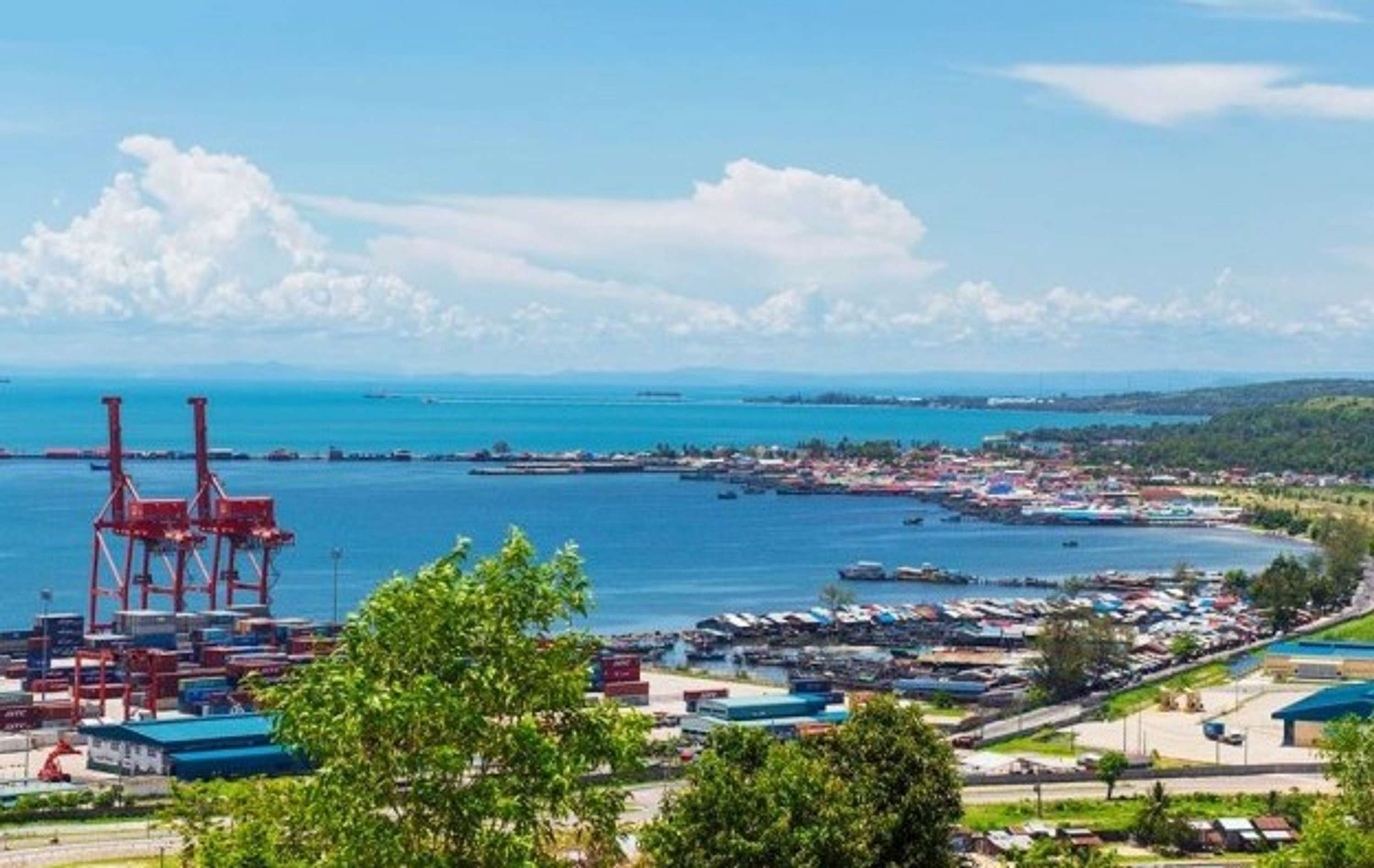The game bill makes Cambodia more attractive to operations
2024년 안전 슬롯사이트 순위 및 무료 온라인 슬롯 사이트 추천 TOP25에서는 회원들이 안전하게 사이트을 이용하실 수 있도록 안전성, 빠른 충환전, 프라그마틱 등 다양한 슬롯 게임을 고려하여 선정한 최고의 슬롯 사이트입니다. 온라인 슬롯 선택 시 이용 방법과 유용한 정보만을 제공해 드립니다.

Cambodia's draft bill on the management of commercial gambling could help it become a more attractive destination for international casino operators in the long run, especially because of lower tax rates on gaming revenue and a more advanced regulatory framework, which industry observers have proposed to GGRAsia.
The long-awaited bill - the Integrated Resorts and Commercial Gambling Management Act (LMIRCG) - was approved by Cambodia's National Assembly last week and will now be considered by Cambodia's upper house. According to media reports, the draft law sets minimum capital requirements for investing in casino projects and designates areas where commercial gambling can be offered in the country.
The draft law could pave the way for attracting investment from international casino operators to Cambodia's tourism and gaming market, two separate industry observers said.
"It sets a very fair tax rate based on [draft law] gaming revenue; it enforces a wealth of regulations, including an audit process that ensures that all gaming revenue is properly recorded and taxes paid," said casino industry consultant Andrew Klebanau.
According to industry investment analysts and media reports, the new legislation proposes a 4% gaming tax for the VIP sector and a 7% gaming tax on mass market gross gaming revenue (GGR).
The draft law is also intended to "encourage" the Cambodian government to develop casino resorts in areas that aim to boost tourism growth, especially beach communities, Mr Clebanau suggested.
"International casino resort developers don't want to enter a cautious, ill-regulated market. Doing so could put their licenses in other jurisdictions at risk," the principal of Klebanow Consulting noted.
Cambodia's gaming and leisure markets are also struggling due to the COVID-19 pandemic, which has disrupted the international tourism industry. However, Rui Proensa, a managing partner of Macau law firm MDM, and a lawyer specializing in the Asian gaming sector, said Cambodia could be "well positioned" to attract outbound tourism from China as soon as the health crisis is under control.
In the short term, the passage of the draft law will do little to help Cambodia's tourism sector overcome challenges caused by the pandemic, Mr. Klebanau said. "The development schedule for integrated resorts is usually three to five years, but the impact of the pandemic will subside in 12 to 18 months," he added.
BY: 무료 슬롯
